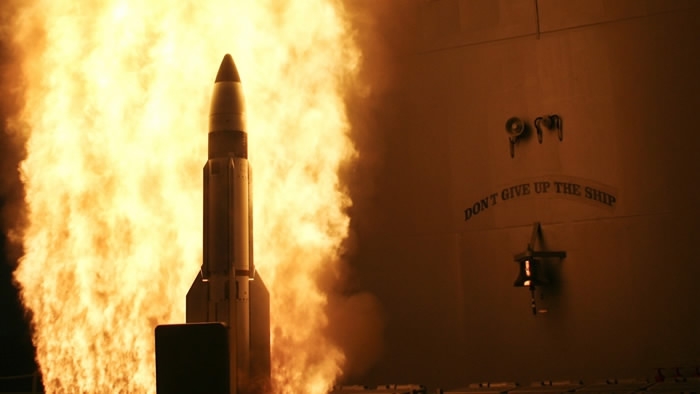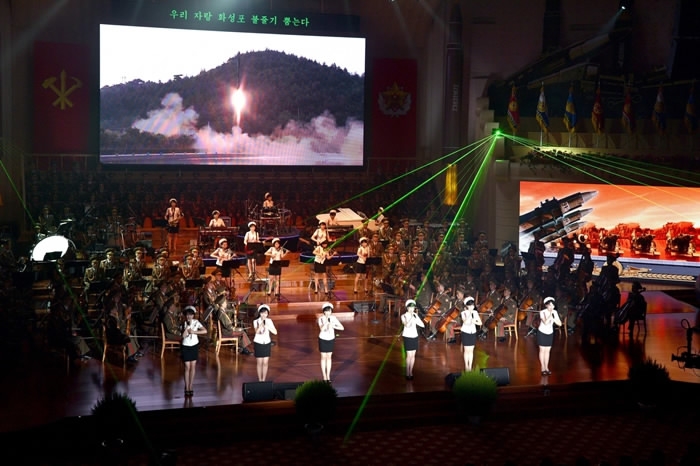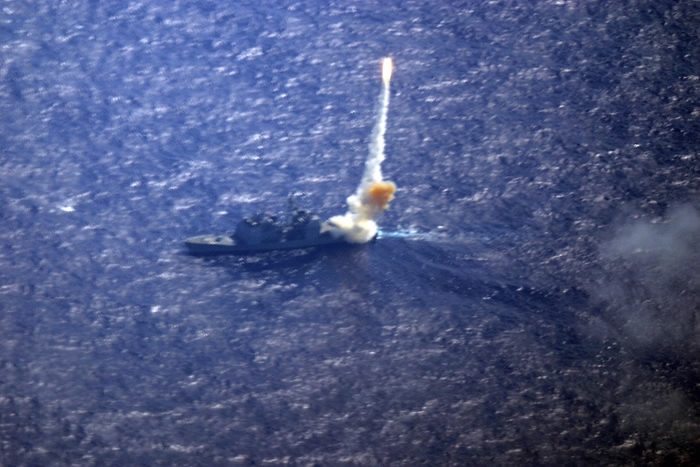
Politics
22:38, 23-Aug-2017
Russia concerned with Japan's planned Aegis Ashore deployment
CGTN

Russia is seriously concerned that Japan may deploy the US Aegis Ashore missile-defense system on its soil to counter DPRK's missile threats, RIA news agency cited Russian Deputy Foreign Minister Sergei Ryabkov as saying on Wednesday.
Ryabkov also said that sanctions should not be imposed on the DPRK indefinitely and that they would yield no result without dialogue, the agency reported.
The United Nations Security Council unanimously passed a resolution imposing new sanctions on the DPRK on August 5 for its continued intercontinental ballistic missile (ICBM) tests.

The DPRK holds a banquet to celebrate the second successful test-fire of ICBM Hwasong-14 in late July 2017. /Reuters Photo
The DPRK holds a banquet to celebrate the second successful test-fire of ICBM Hwasong-14 in late July 2017. /Reuters Photo
Japan to install new Aegis system
Japan's Defense Ministry is planning to install a defense system made in the US known as Aegis Ashore to address ongoing concerns about tensions on the Korean Peninsula, Japan's public broadcaster NHK reported on last Thursday.
The Defense Ministry has, thus far, taken steps to counter any potential launches of ballistic missiles by the DPRK by deploying high-tech Aegis advanced radar-equipped destroyers.

A Standard Missile-3 is launched some 100 miles (160km) off the Hawaiian island of Kauai, February 24, 2005. /AFP Photo
A Standard Missile-3 is launched some 100 miles (160km) off the Hawaiian island of Kauai, February 24, 2005. /AFP Photo
The Aegis system is designed to intercept missiles that are flying outside of the Earth's atmosphere, with the Maritime Self-Defense Force's (MSDF's) Aegis destroyers charged with targeting them with their Standard Missile-3 interceptors.
The Aegis Ashore is a land-based version of the Aegis advanced radar system and uses the same technology as those fitted to MSDF Aegis destroyers.
Source(s): Reuters
,Xinhua News Agency

SITEMAP
Copyright © 2018 CGTN. Beijing ICP prepared NO.16065310-3
Copyright © 2018 CGTN. Beijing ICP prepared NO.16065310-3